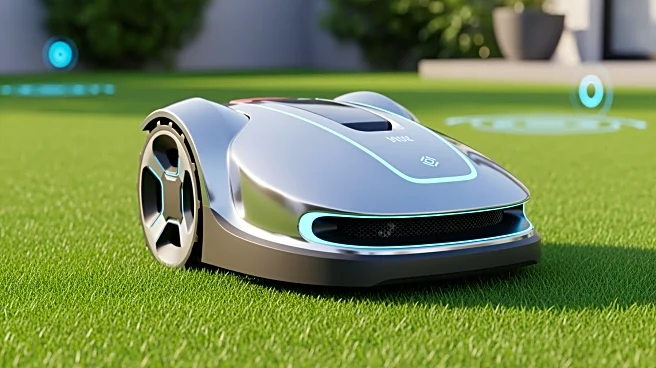What's Happening?
Emma Armstrong, Sustainable Electronics Ambassador at In2tec, is urging smartphone manufacturers to adopt modular components to address the growing e-waste problem. Modular smartphones allow users to replace
or upgrade parts like batteries and cameras without discarding the entire device. This approach aligns with the right-to-repair movement, which is gaining traction globally. Modular designs can reduce the environmental impact of e-waste, which releases harmful chemicals when improperly recycled. Companies like Fairphone and HMD are already producing modular phones, offering a sustainable alternative to traditional models.
Why It's Important?
The shift towards modular smartphones is significant in reducing e-waste, which poses environmental and health risks. By enabling repairs and upgrades, modular designs extend the lifespan of devices, reducing the need for new resources and minimizing landfill waste. This approach supports the circular economy and aligns with emerging right-to-repair legislation. As consumers and regulators demand more sustainable products, manufacturers adopting modular designs could gain a competitive edge. The initiative also addresses supply chain challenges by promoting the reuse of valuable materials.
What's Next?
As right-to-repair regulations become more prevalent, smartphone manufacturers may increasingly adopt modular designs to comply with new standards. This shift could lead to a broader industry trend towards sustainable electronics. Companies might invest in research and development to enhance modular technology, making it more accessible and cost-effective. Consumer demand for environmentally friendly products could drive further innovation in this area, potentially transforming the electronics market and reducing the global e-waste footprint.









